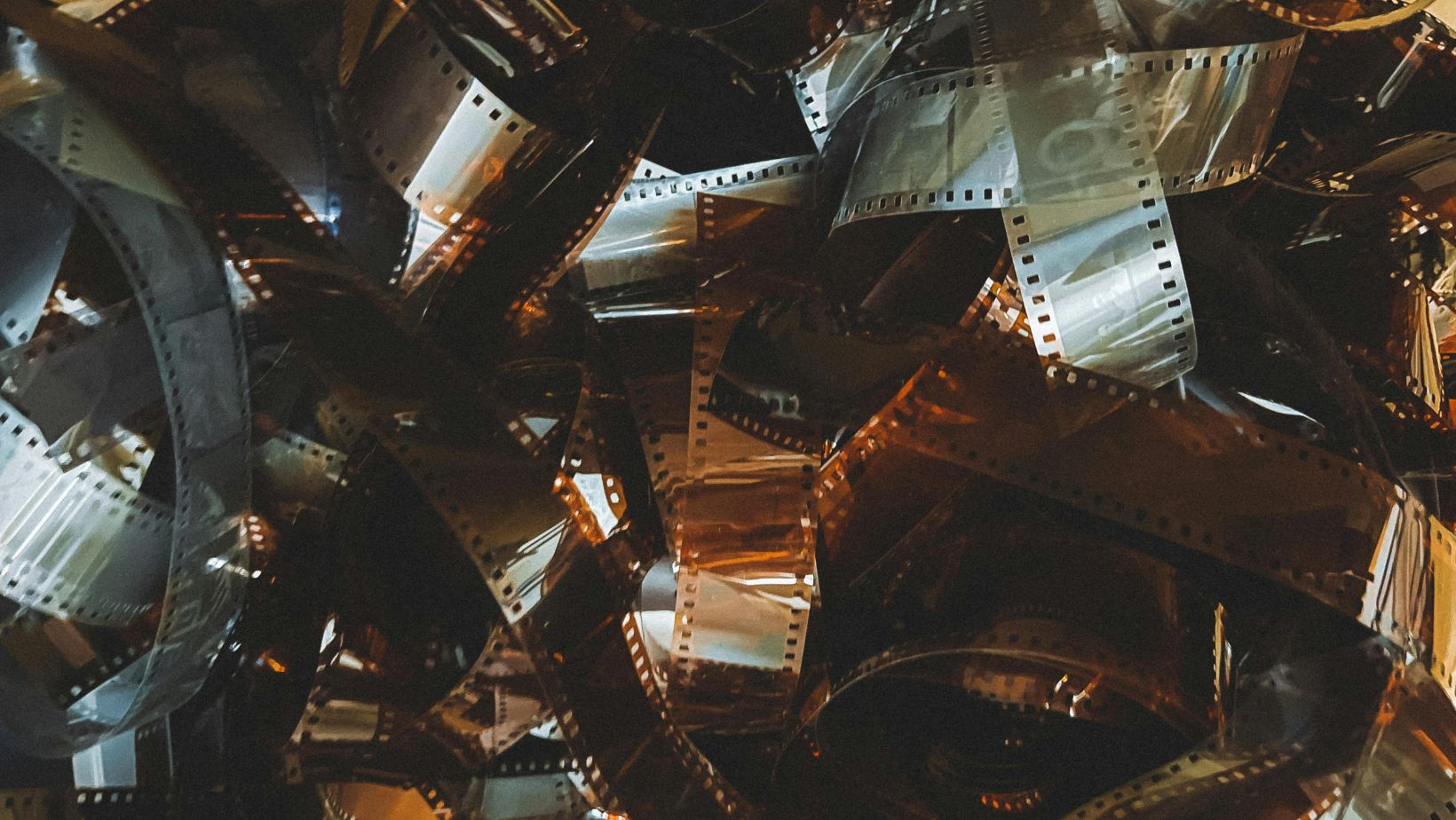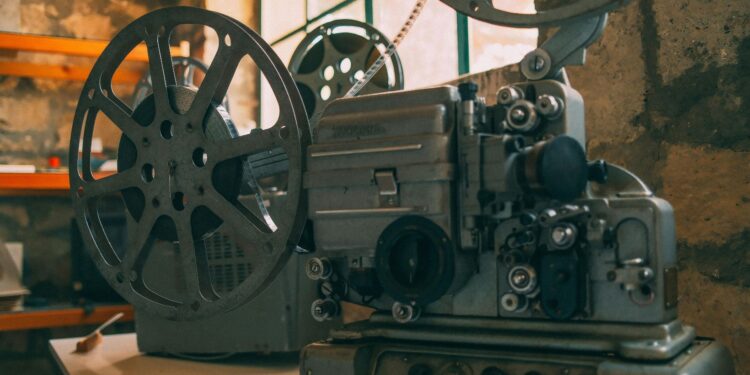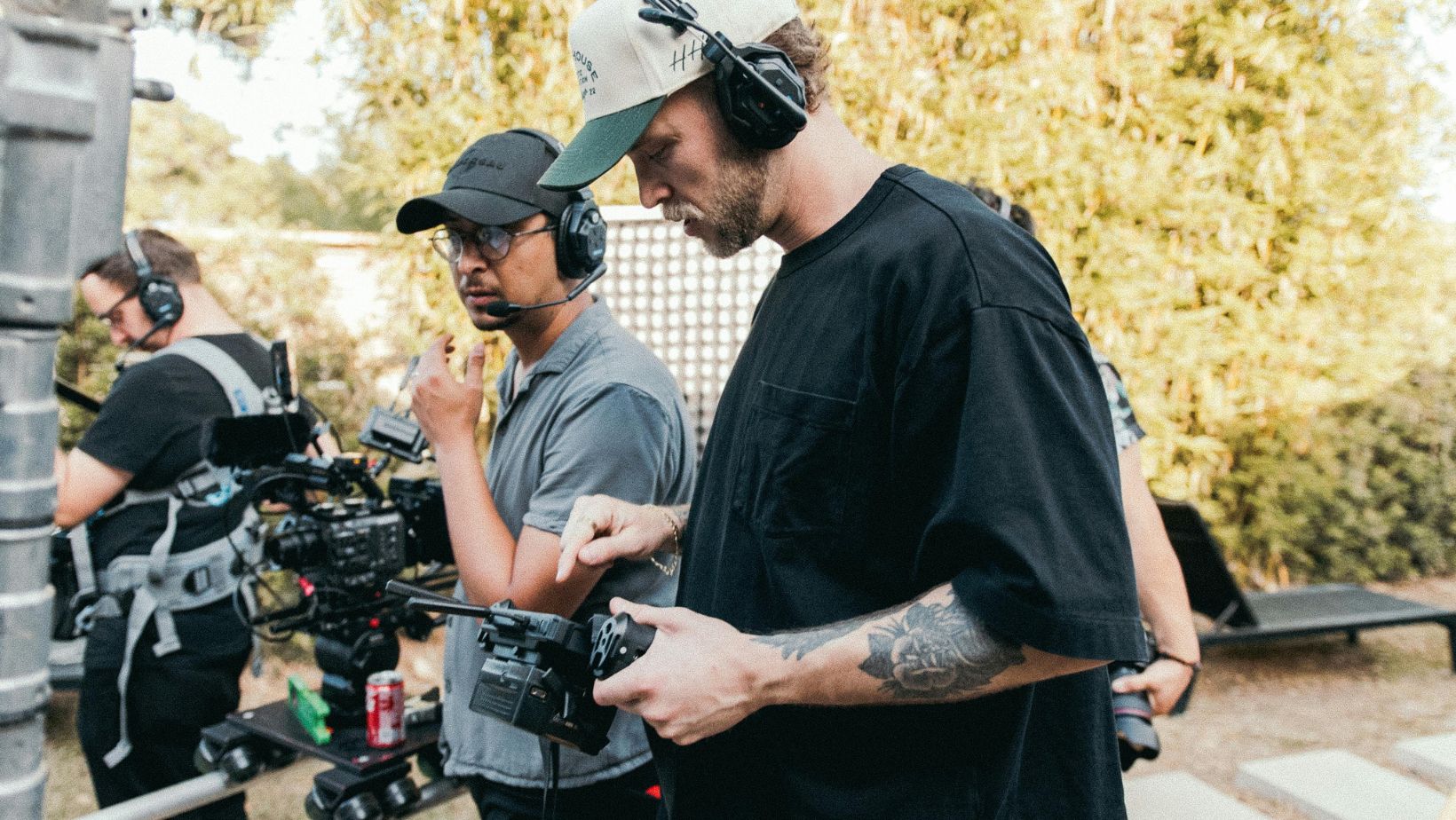Every year, as the Academy Awards approach, the cultural conversation is dominated by a single, tantalizing question: who will win? Film critics, industry insiders, and movie lovers all weigh in on who will take home the coveted golden statuettes. They analyze artistic merit, historical precedents, and the narratives surrounding the nominees, filling columns with passionate arguments for why one performance was more transformative or one screenplay more original. Yet, in recent years, a different and often more reliable source of prediction has emerged from an unlikely place: the betting markets.
Time and again, the collective odds generated by thousands of wagers on online betting platforms have proven to be a more accurate forecast of the eventual winners than the consensus of professional film critics. This isn’t an indictment of the critics’ expertise. Rather, it highlights a fundamental difference in their respective missions. Critics are tasked with evaluating art and arguing for who should win. Betting markets, on the other hand, have a single, cold-blooded objective: to predict who will win. This makes them a fascinating and powerful tool for information aggregation, operating on the powerful principle of “the wisdom of the crowd.”
The Science Behind the Odds: Why Markets Are So Effective
The accuracy of betting markets in predicting outcomes like the Oscars or elections stems from a few key principles that allow them to process information more efficiently and objectively than any small group of experts.
Aggregating a World of Information
A betting market is a decentralized information-processing machine. Every person placing a bet does so based on their own unique set of knowledge. This might include reading every critical review, tracking the results of precursor awards (like the Golden Globes or BAFTAs), listening to industry gossip, analyzing historical voting patterns of the Academy, or simply having a gut feeling. The market automatically and impersonally aggregates all of this disparate information—both expert and amateur—into a single, powerful and constantly updating signal: the odds.
The Power of “Skin in the Game”
Unlike a film critic, who faces no professional penalty for a wrong prediction, every participant in a betting market has a direct financial incentive to be correct. This “skin in the game” is a powerful truth serum. Anyone placing a wager on a platform like ice casino online is putting their money where their mouth is, ensuring the market efficiently filters out irrational bias and wishful thinking. If a nominee’s odds seem too long (offering a high payout), bettors who believe that nominee has a real, undervalued chance will place money on them, causing the odds to shorten toward a more realistic probability. This process relentlessly pushes the market toward accuracy.
Real-Time Adaptation to New Data
Betting markets are dynamic, living entities that react to new information in real-time. If a film wins a key award at the Screen Actors Guild (SAG) Awards the week before the Oscars, its odds for Best Picture will shift within minutes as the market incorporates this new, highly predictive piece of data. Critics might write a follow-up column the next day, but the market adjusts instantly and algorithmically, reflecting the updated collective probability of winning.
Two Different Questions: A Head-to-Head Comparison
It’s crucial to understand that critics and markets often arrive at different conclusions because they are fundamentally answering different questions. The divergence in their predictions isn’t about one group being “smarter” than the other; it’s about their different purposes, methodologies, and incentives. The following table breaks down this key distinction.
| Film Critics | Betting Markets | |
| Primary Goal | To evaluate artistic merit and influence opinion. | To predict the actual outcome accurately. |
| The Question | “Who should win?” | “Who will win?” |
| Methodology | Subjective analysis, historical context, personal taste. | Aggregation of public information, sentiment, and data. |
| Incentive | To be insightful, persuasive, and respected. | To be correct and generate a financial return. |
| Output | A well-argued opinion. | A set of probabilities (the odds). |
This table clearly illustrates the divide. A critic might passionately and correctly argue that a small, independent foreign film is the most artistically accomplished of the year and therefore should win Best Picture. The betting market, however, will coldly factor in that the Academy historically favors larger, English-language, studio-backed productions and will therefore give that film longer odds, even if it acknowledges its quality. The market isn’t judging the art; it’s dispassionately judging the likely voting behavior of the 10,000+ members of the Academy.
The Critic for Art, The Market for Predictions
The rise of betting markets as a formidable predictive tool for the Oscars doesn’t make the work of film critics obsolete. They remain essential guides who help us understand, appreciate, and debate the art of cinema. They enrich the conversation, shape our tastes, and champion films that might otherwise go unnoticed. They answer the “why” and the “how” of filmmaking.
However, when it comes to the simple, binary question of who will walk away with the trophy, the decentralized, financially incentivized, and self-correcting “wisdom of the crowd” has proven to be a remarkably powerful and accurate predictor. For anyone looking to get a leg up in their annual Oscar pool, the lesson is clear: read the critics for the love and understanding of film, but look to the markets to predict the winners.





















